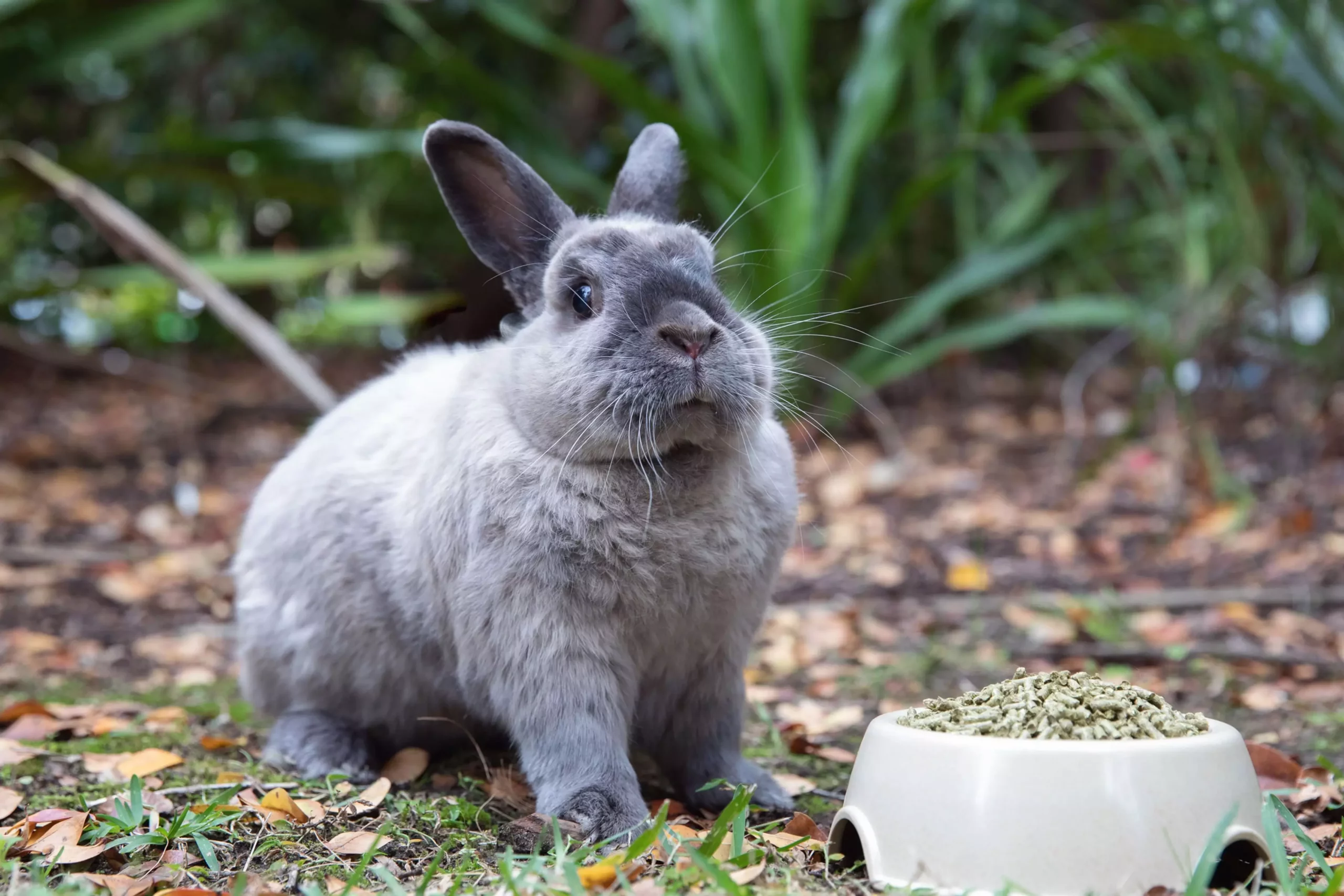Rabbits are known for their playful nature and insatiable chewing habits. However, a sudden halt in their eating patterns can be a cause for substantial concern, standing in stark contrast to other domestic animals. While a cat or dog skipping a meal might not raise eyebrows, in the case of rabbits, it often signifies an emergency. This article delves into the potential reasons behind a rabbit’s loss of appetite, the immediate actions you can take, and preventive measures you can adopt for long-term health.
When rabbits stop eating, it can lead to severe health risks, including a life-threatening condition known as gastrointestinal stasis or ileus. In a healthy rabbit, normal peristalsis—the contractions of intestinal muscles that help move food through the digestive system—is crucial. A disruption in this process can quickly escalate into a critical situation.
Ileus often results from various underlying issues that can affect your pet’s health, such as dental problems (like overgrown teeth), infections, parasites, and even changes in the environment. Furthermore, stressors including relocation or alterations to their daily routine can complicate matters, triggering a decline in appetite.
A rabbit’s refusal to eat can manifest in multiple ways. Sometimes, the signs may be overt, while other times they are subtle, requiring keen observation. Some common indicators include:
– Physical Examination: Check for overgrown incisors or lumps that could indicate abscesses or tumors. Nasal discharge may also be notable.
– Behavioral Shifts: Pay attention to your rabbit’s activity levels and demeanor. A decrease in playfulness or movement could hint at discomfort.
– Fecal Monitoring: The size and consistency of fecal pellets are telling signs. Unusual droppings or an increase in uneaten food could suggest a problem.
By taking a closer look at these various symptoms, you may be able to catch potential issues before they escalate.
If you notice your rabbit has stopped eating, it’s essential to act swiftly. While it’s critical to consult a veterinary professional, several immediate steps can be undertaken to assist your pet. Initial home remedies include:
– Hydration: Ensure your rabbit has access to fresh water at all times. You can also syringe electrolyte solutions to promote hydration if necessary.
– Encouraging Eating: Offer enticing food options like mixed vegetable baby food. Use a syringe to gently feed them if they show no interest.
– Promoting Movement: Encourage your rabbit to exercise, as increased activity can stimulate the gastrointestinal tract.
Although these measures may provide temporary relief, they should not substitute for veterinary care.
Even if you implement home strategies, it remains critical to consult a veterinarian without delay. Skipping a meal for just 12 to 24 hours can push a rabbit’s risk of severe health consequences to alarming levels. Upon examination, your vet may recommend diagnostic testing including X-rays, blood tests, and dental examinations to uncover the root problem. Aggressive treatment may be necessary, including fluid therapy, pain management, and specific nutritional support through specialized feeds for non-eating rabbits.
In light of the seriousness surrounding appetite loss in rabbits, proactive measures are key to ensuring their well-being. Regular check-ups and good dental care can prevent common ailments contributing to appetite issues. Additionally, maintain a clean living environment to minimize the risk of infections and infestations.
Nutritionally, an adequate supply of high-fiber hay, leafy greens, and cleanliness in food and water dishes forms the baseline of rabbit care. Creating a stable, stress-free environment is equally important. Sudden changes can lead to unease, which may subsequently affect eating habits.
An abrupt change in a rabbit’s eating habits is not something to overlook. As responsible pet owners, it is imperative to act promptly, seek veterinary advice, and ensure preventive measures are continuously adopted. By staying alert and informed about common health issues, you can provide a supportive environment that enables your beloved rabbit to lead a healthy, happy life.


Leave a Reply